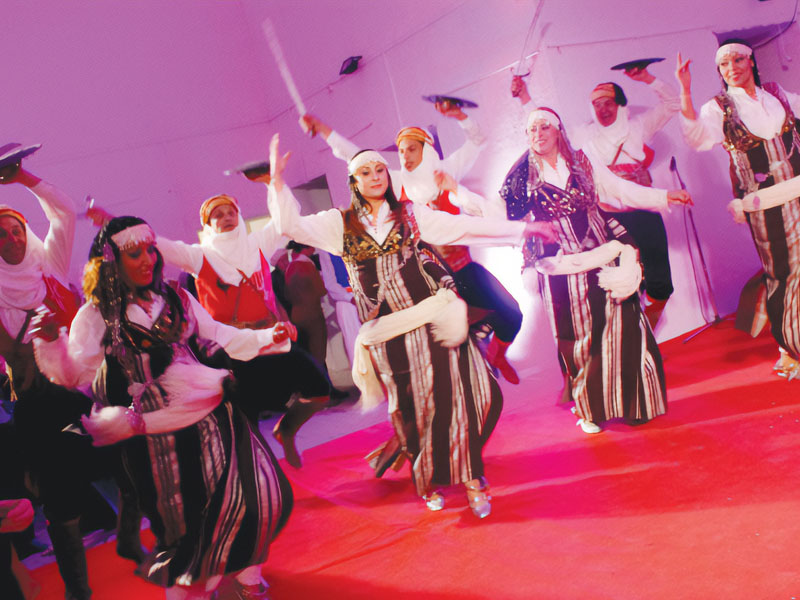Modernising a post-Independence society: A documentary study of the new folk song in Tunisia
Issue 36

Mohammed Al Duraidi
Tunisia
General conclusions about new folk songs in Tunisia:
• The new Tunisian folk song of the mid-20th century was closely associated with the country’s trends, which included a trend towards modernisation and away from obsolete traditions that hindered social and cultural development.
• The ruling authorities exploited people’s love for folk songs, especially Bedouin folk songs, in order to promote their concepts of reform and alternative social, economic and cultural ideologies.
• The authorities used media such as radio to reach ordinary people with new folk songs promoting the state’s modern policy, with the goal of gradually convincing citizens to follow the new system.
• Folk singers, composers and poets were involved in creating folk songs to promote reform, glorifying the state’s policy and its symbol as represented in the person of the president. These songs helped to make the government part of social culture. This was achieved via various radio programmes, particularly ‘The Caravan Rolls On’, which was broadcast on the national radio station that reached every household in Tunisia.
• The political authorities used the new folk songs to implant the new political system, (the Republic system), which was introduced on July 25, 1957 to build on the ruins of the monarchic system of the Beys in Tunisia. The new folk songs glorified the state’s policy and its symbol as represented in the person of the president. In his various political speeches and during meetings and sessions, President Habib Bourguiba said, “The State is me» to make people aware of the progress he was making and to introduce the social, economic and cultural fabric.
• Bourguiba’s government made use of the new folk songs, which were based on the traditional ‘Al Mawqif’, ‘Al Qasim’, ‘Al Malzumah’ and ‘Al Musaddas’. It also used Bedouin music and its rhymes, tones and composition.
• The new folk songs were used for two reasons: There was a strong association between the general taste in music and folklore’s musical and poetic system. Also, music producers at the state-owned and government-controlled radio stations were keen to produce songs to increase awareness and to influence the public. They used folk songs that appealed to the president, because in 1955, Bourguiba told the Press, “I love Oriental and Bedouin music, but I do not understand western or modern music.”
In this brief study, we tried to document some examples of the new folk songs produced in Tunisia and broadcast on government-controlled radio stations to promote social, economic, cultural and ideological changes in order to support the new state following Independence. It is important to note that recordings of these songs were allowed to deteriorate because they were considered old-fashioned.







































































